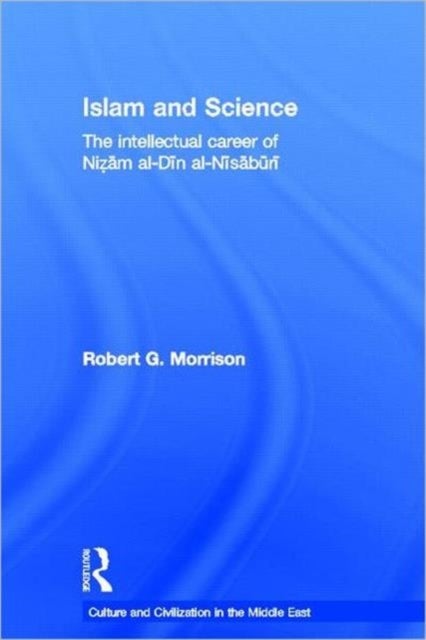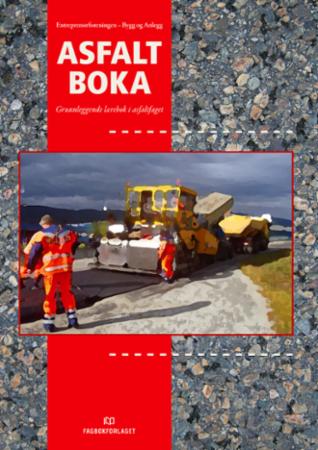
Islam and Science av Robert (Bowdoin College USA) Morrison
569,-
<P>In examining the work of eminent fourteenth century Iranian Shiite scholar Nizam al-Din al-Nisaburi, this book is the first rigorous attempt to explain the cross-fertilization of scientific and religious thought in Islamic civilization. Nisaburi did not consider himself a scientist alone, being commissioned by his patrons to work in a variety of fields. Islam and Science examines in detail the relationship between the metaphysics of Nisaburi''s science, and statements he made in his Qur''an commentary and in other non-scientific writings. </P><P>Sources suggest that Nisaburi was inspired to begin his scientific career by the inclusion of basic science in a religious (madrasa) education. By mid-career, he had found methodological similarities between theoretical astronomy and Islamic jurisprudence. Morrison concludes that while Nisaburi believed science could give one a taste of God''s knowledge, he realised that the study of science and natural philosophy alone could not lead h








